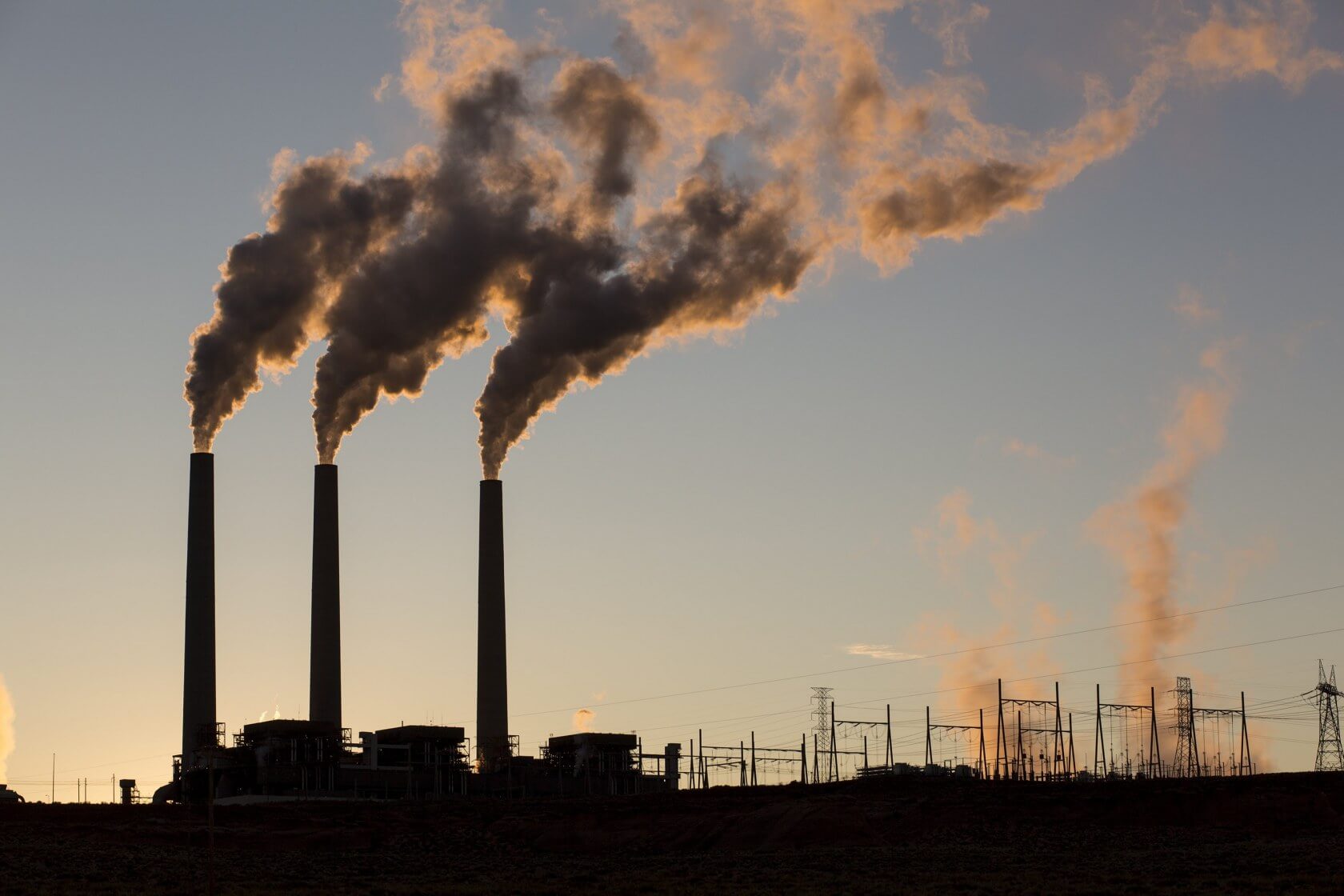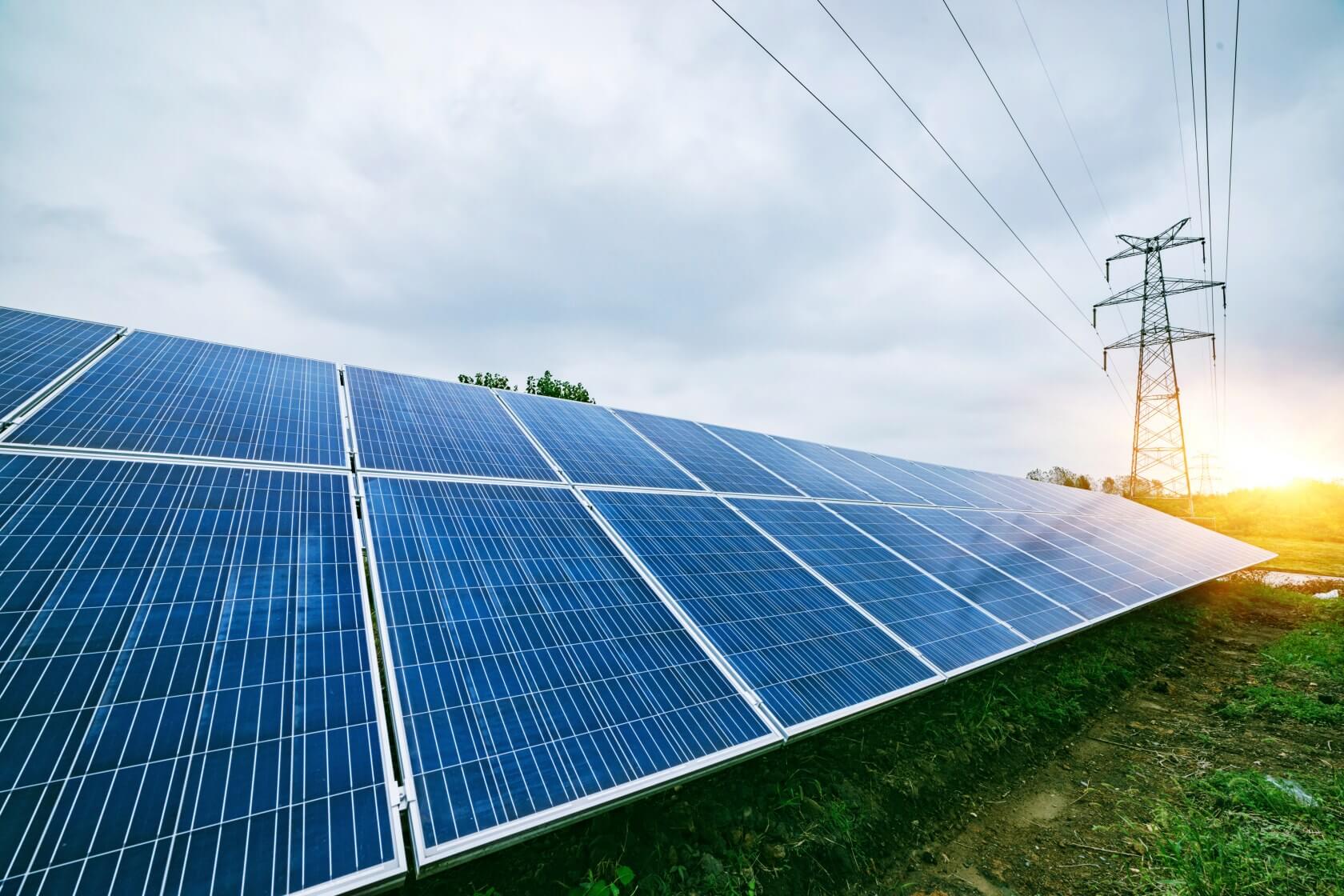
Regardless of how you feel about the climate change debate, it's no secret that the use of renewable energy is on the rise throughout the world. California, in particular, managed to reach its greenhouse gas emissions goals years ahead of schedule back in mid-2018.
But what about the United States as a whole? According to a new report provided by the Energy Information Administration (EIA), during the month of April 2019, the country managed to produce a whopping 68.5 million MWh of clean power. In this case, clean power refers to energy generated by solar panel grids, hydroelectricity sources, and wind turbines.

As noted by The Verge, this is the first time in US history that the country's renewable energy production numbers have outpaced coal-based alternatives -- as the EIA's report states, coal energy production sat at around 60.1 MWh in April.
As impressive as these milestones are for renewable energy proponents, it's going to be a while before the likes of solar and wind power can fully eclipse their fossil fuel counterparts. Coal is only one piece of a much larger puzzle, after all.
When combined with the output of nuclear, natural gas, and petroleum power facilities, the total energy production numbers for non-renewable power sources sat at around 225,785 MWh during April. Time will tell whether or not that number will change to any meaningful degree over the next few years.
https://www.techspot.com/news/80689-us-green-energy-production-numbers-have-finally-outpaced.html